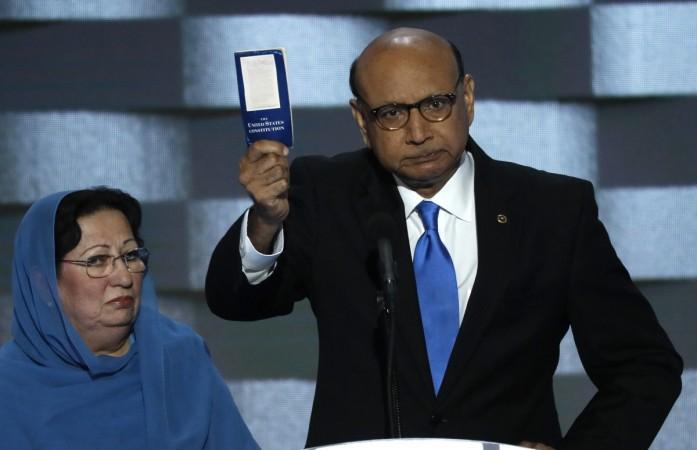
President-elect Donald Trump has been a polarising figure, to say the least. Throughout his campaign, the billionaire business tycoon-turned-politician has said numerous things against minorities, but his most vitriolic words have been targeted at Muslims, like the parents of American soldier Humayun Khan.
Even during the presidential debates, Trump while answering a question had urged people to recognise "radical Islamic terrorism" for what it is. A strong opponent of taking in migrants, Trump had also suggested "extreme vetting" of them before they are allowed into the United States.
Therefore, it comes as no surprise that right from the time it became apparent that Trump was all slated to become the 45th President of the United States, Muslims not only in the US but from across the world began expressing their fears. They were afraid of not only living in the country but also even travelling there. They were also afraid of the fate of Muslims world over.
The reactions, however, varied in their tone. For example, this Muslim man seemed both disappointed and afraid with the result:
Reema is only 5 years old. She knows that we're Muslim and started crying when she saw Donald Trump winning... ? smh pic.twitter.com/jt6tlw1UEi
— Adam Saleh (@omgAdamSaleh) November 9, 2016
This gentleman was thinking about the women as well, and how Trump had talked of grabbing a certain portion of their anatomy:
Congratulations America, you just elected a rapist as your president.
— Muhammad Smiry (@MuhammadSmiry) November 9, 2016
Then there was this young lady, who was calling for some introspection.
Not sure how USA went from electing the first black president to putting this racist in charge. Congratulations America. ?? #Elections2016
— AYESHA (@ayeshamirza_) November 9, 2016
These gentleman summarised the sentiments quite succinctly:
Congratulations America for making every minority fear for their lives
— ?Belal?? (@Belalislife) November 9, 2016
Congratulations America, you played yourself!!
— Ahmed Sodangi (@BabaA_sod) November 9, 2016
Some were absolutely blunt.
Congratulations, America. You're officially the dumbest country in the world. #trumpwins #USElection2016 #DonaldTrump pic.twitter.com/0OQYjGbKVd
— زوہیب رسول (@MianZohaib_) November 9, 2016
As an Arab Muslim living in America, I am incredibly scared for not only my people, but for minorities eveywhere.
— Jahan (@H00PINATI) November 9, 2016
The underlying sentiment in all these statements, and more, seemed to be fear, having trumped hatred towards the Republican candidate.
I fear for my Muslim family. My father and his thick accent. My brother and his brown skin. My sister who wears her culture on her neck.
— Rawan (@rawan) November 9, 2016
"Everyone needs to relax"
— lil megzi vert (@mujghannn) November 9, 2016
I AM A MUSLIM AMERICAN WHO IS ABOUT TO BE LIVING UNDER A TRUMP PRESIDENCY. DO NOT TELL US TO RELAX.
However, Trump himself seemed to be moving in a different direction when it comes to governing a country that was deeply divided during the presidential campaigning. He said in his address on Wednesday morning: "Now it's time for America to bind the wounds of division. I say it is time for us to come together as one united people."
He went on to add: "I pledge to every citizen of our land that I will be president for all Americans, and this is so important for me. For those who have chosen not to support me, I'm reaching out to you for your guidance and your help so that we can work together to unify our great country." Where Muslims figure in his plan will now be apparent in a matter of time.














